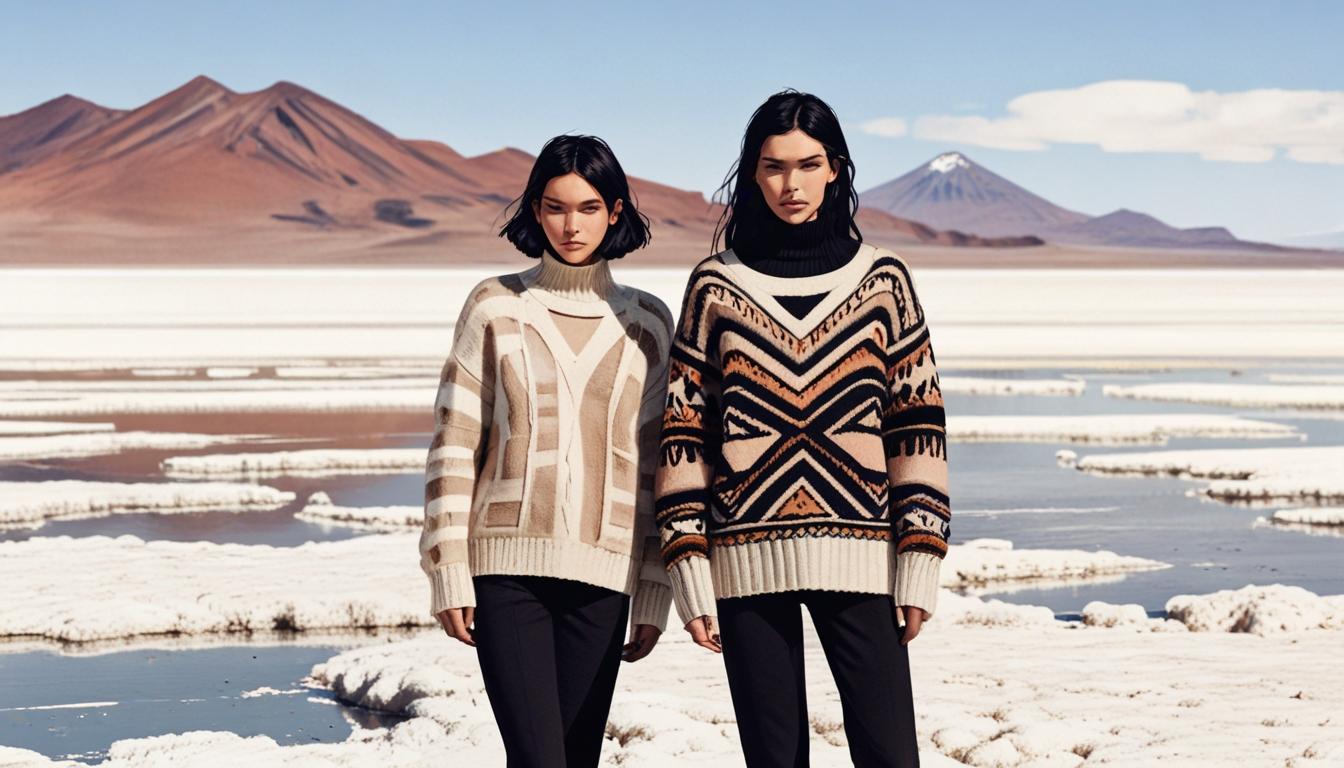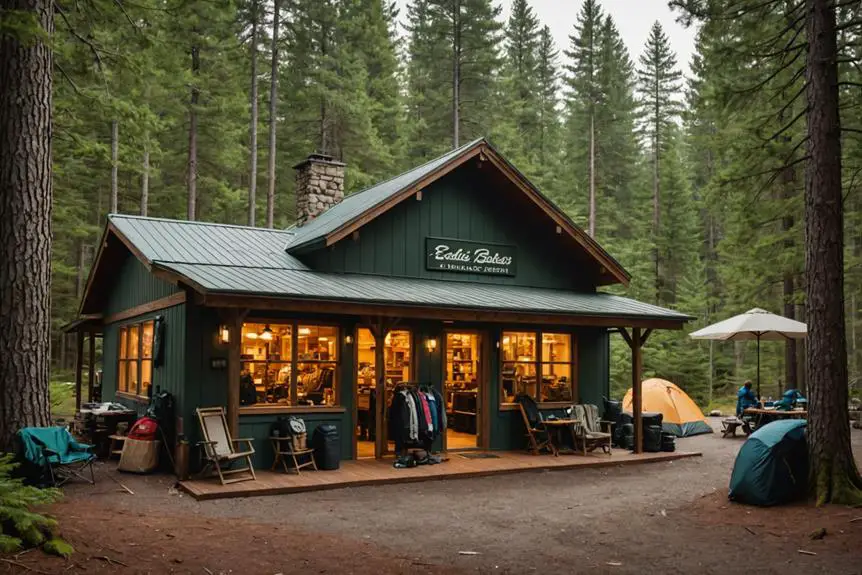Andrew Doyle, inspired by personal dreams and social responsibility, creates Formehri, a luxury knitwear brand devoted to quality craftsmanship and community support.
Pioneering Australian fashion designer Andrew Doyle is in the process of establishing a luxury knitwear brand known as Formehri, which emphasizes both high-quality craftsmanship and social responsibility. The brand’s inception is deeply personal, named after Doyle’s wife, Mehri, whose aspirations inspired the entrepreneurial journey.
Doyle and Mehri, now parents of three, initially met while working together in their twenties. On their honeymoon eleven years ago, during a discussion about dreams and aspirations, Mehri expressed a desire to live in the south of France. Doyle took this to heart, vowing to make that dream a reality for her. This commitment to family and personal connection serves as the foundation for Formehri.
Despite his current jet-setting lifestyle between Monaco and Sydney, Doyle’s roots trace back to Canberra, where he spent his early adult life building a finance recruitment company. Parallel to his corporate career, he developed a passion for menswear and became one of the early online bloggers focused on artisanal clothing through his platform, Timeless Man. His interest in craftsmanship and quality production began when he spent years promoting smaller producers and bespoke garments over mainstream brands, stating, “I was always drawn to craftspeople who were creating something authentic and product-driven.”
The inspiration for Formehri struck while on vacation in Bolivia, specifically at the Salar de Uyuni salt flats. Amidst the serene landscape, Doyle recalled learning about vicuña, a rare fiber prized for its lightweight and fine qualities, which is harvested from the wild. His curiosity about the fabric led him to connect with local vicuña farmers in Bolivia, where he uncovered troubling issues surrounding the exploitation of their resources.
Doyle noted that, while the popularity and prices of vicuña garments have increased significantly, the farmers, who are primarily isolated in remote Andean communities, have seen a dramatic decline in the prices they are paid for their wool—down by a third over the past decade. This information came as a revelation for Doyle and Mehri, prompting them to respond with social entrepreneurship.
Doyle proposed a business model wherein Formehri would dedicate ten percent of its profits back to the vicuña farming communities. “We said: ‘This is it,’” he explained. What initially began as a 10 percent commitment soon expanded, with Doyle now allocating another ten percent to support charitable causes in Monaco and Africa.
As Formehri develops its product line, it has gained early traction in high-end markets despite still being in an early stage. The brand’s offerings prominently feature sweaters and cardigans, which are spun at a family-run mill in Bologna and hand-finished in Monaco. With prices starting at an estimated $7,500 for sweaters and around $21,900 for shawl-neck cardigans, the brand positions itself within the luxury segment.
Formehri’s dedication to craftsmanship has resonated well in the fashion community, leading to a recent trunk show at London’s Baudoin & Lange and a current residency with the renowned Parisian tailors Camps de Luca. Jean De Luca, the founder of Camps de Luca, praised Formehri, stating, “The philosophy behind Formehri is very similar to our own vision of craftsmanship,” highlighting the deep connection between Doyle’s mission and the craftsmanship ethos shared by leading luxury houses.
As Formehri continues to build its reputation and product offerings, Doyle’s compelling narrative grounded in family, quality, and ethical practices increasingly captures the attention of fashion aficionados around the globe.
Source: Noah Wire Services




